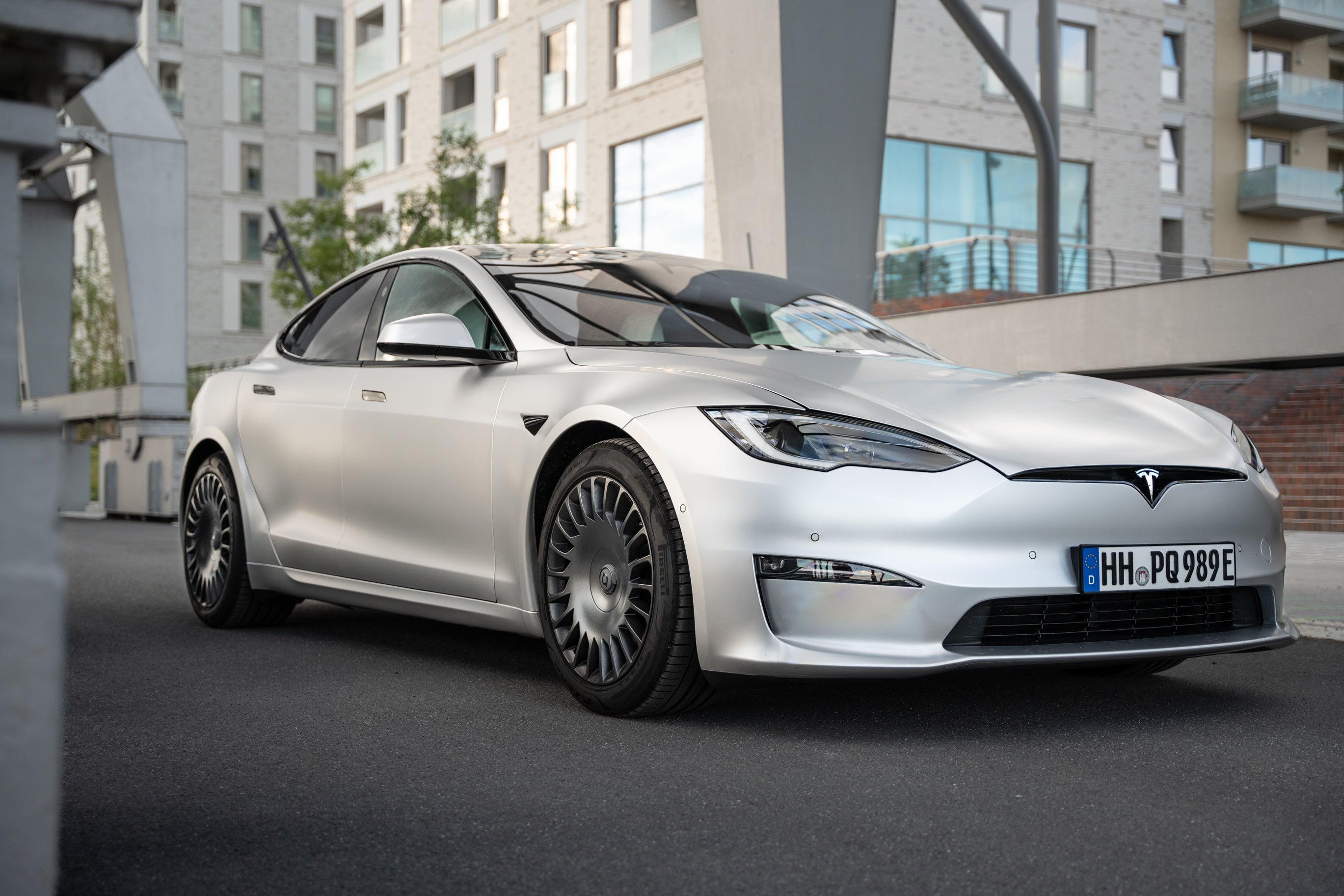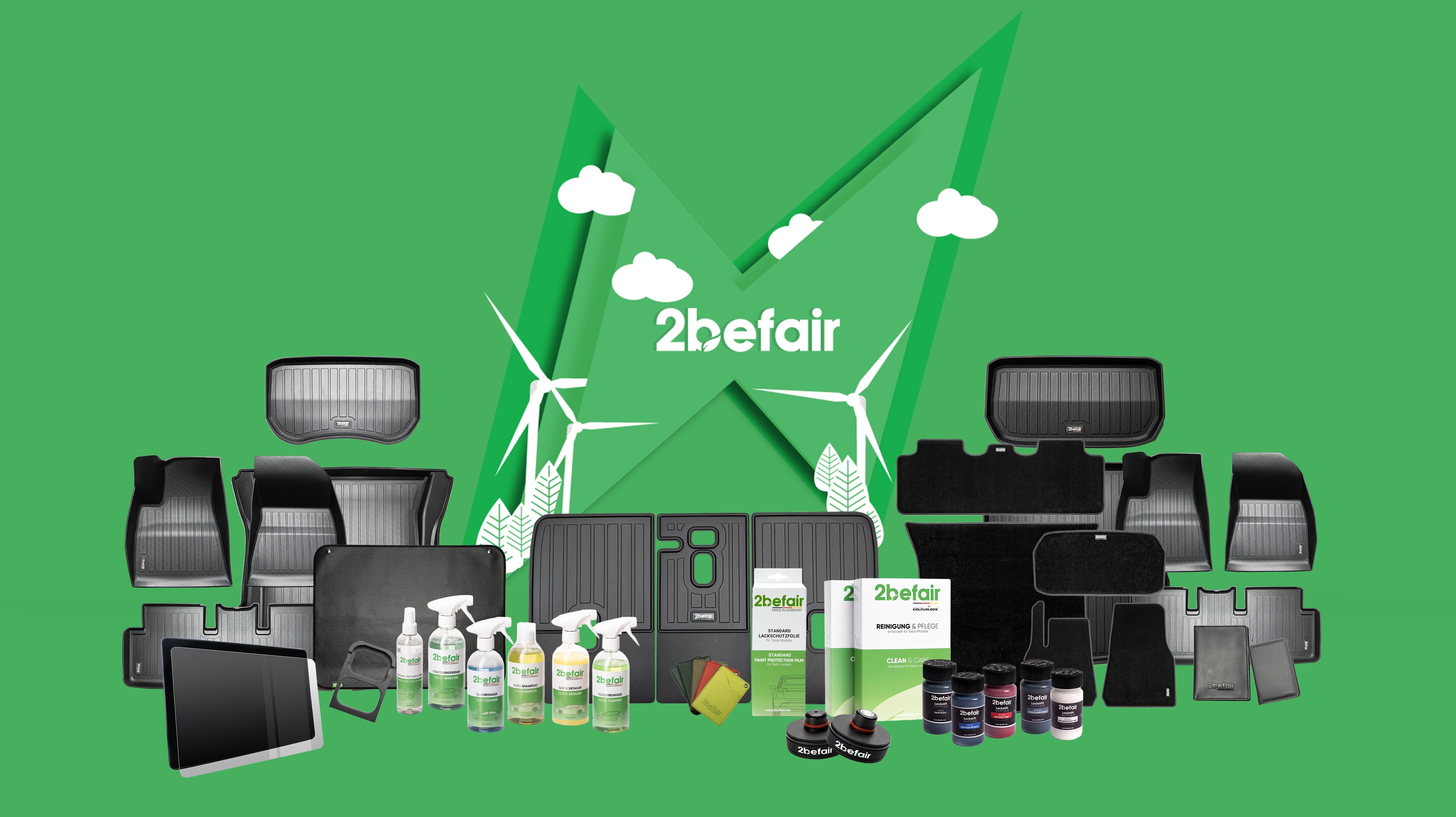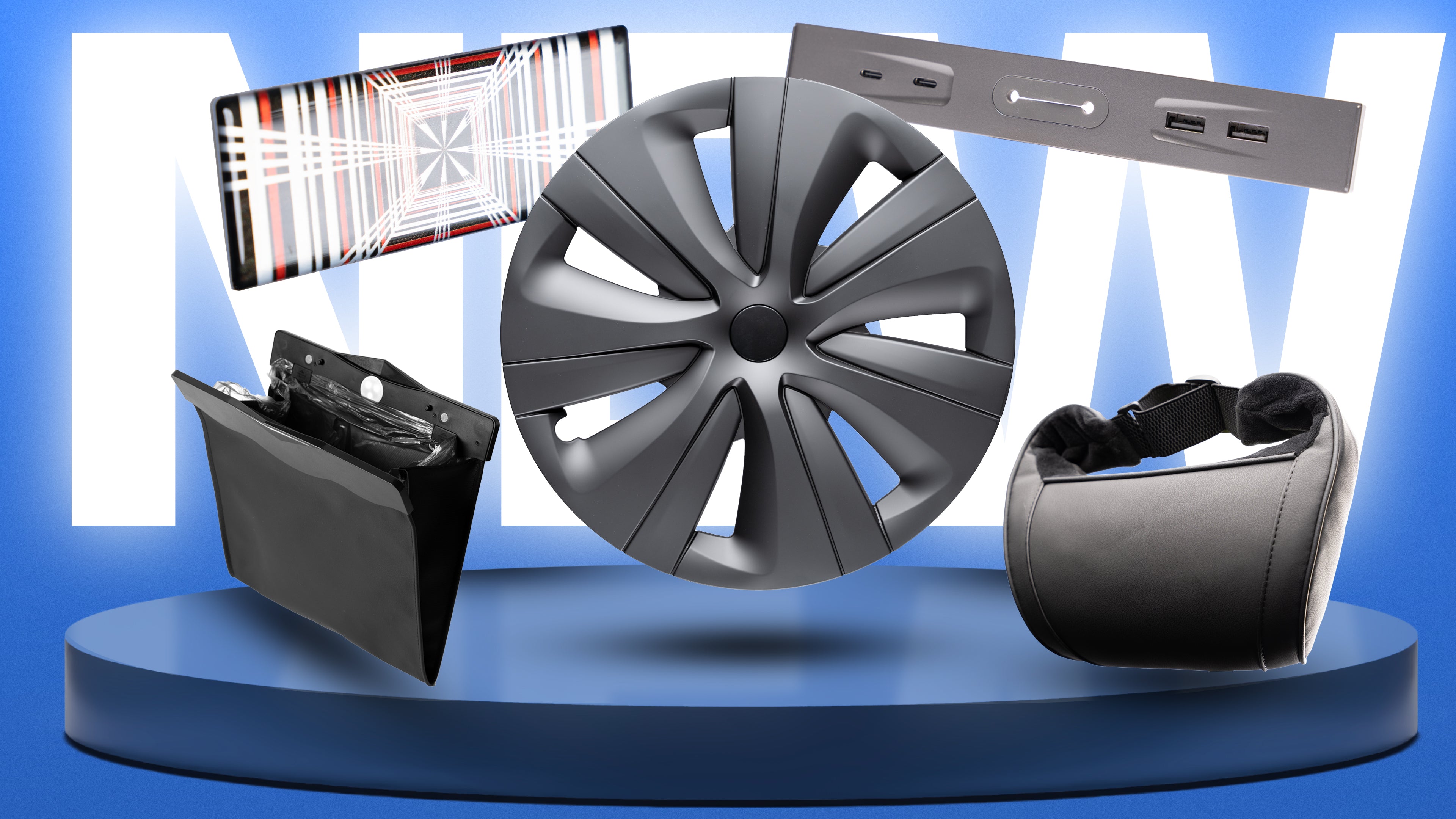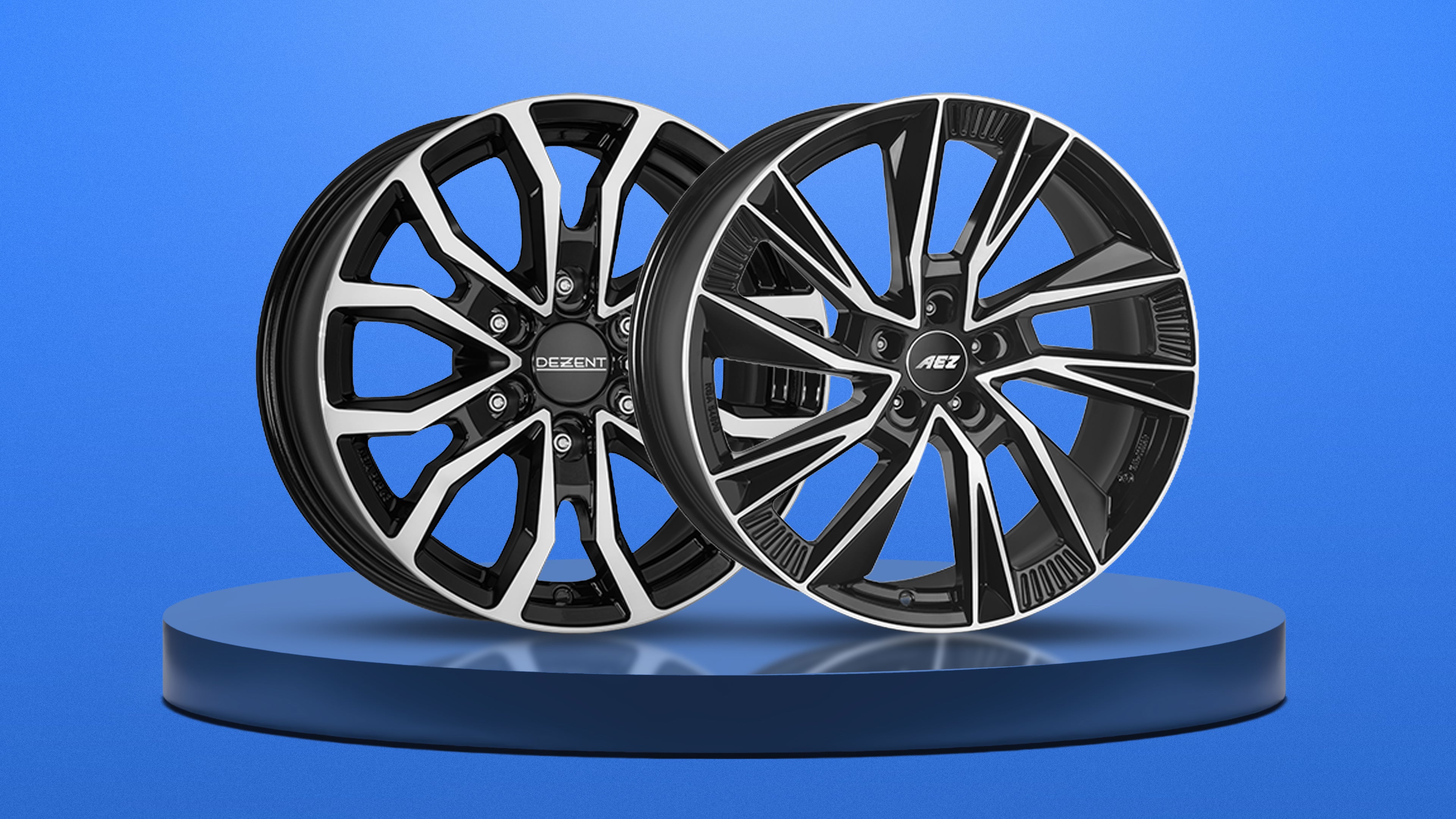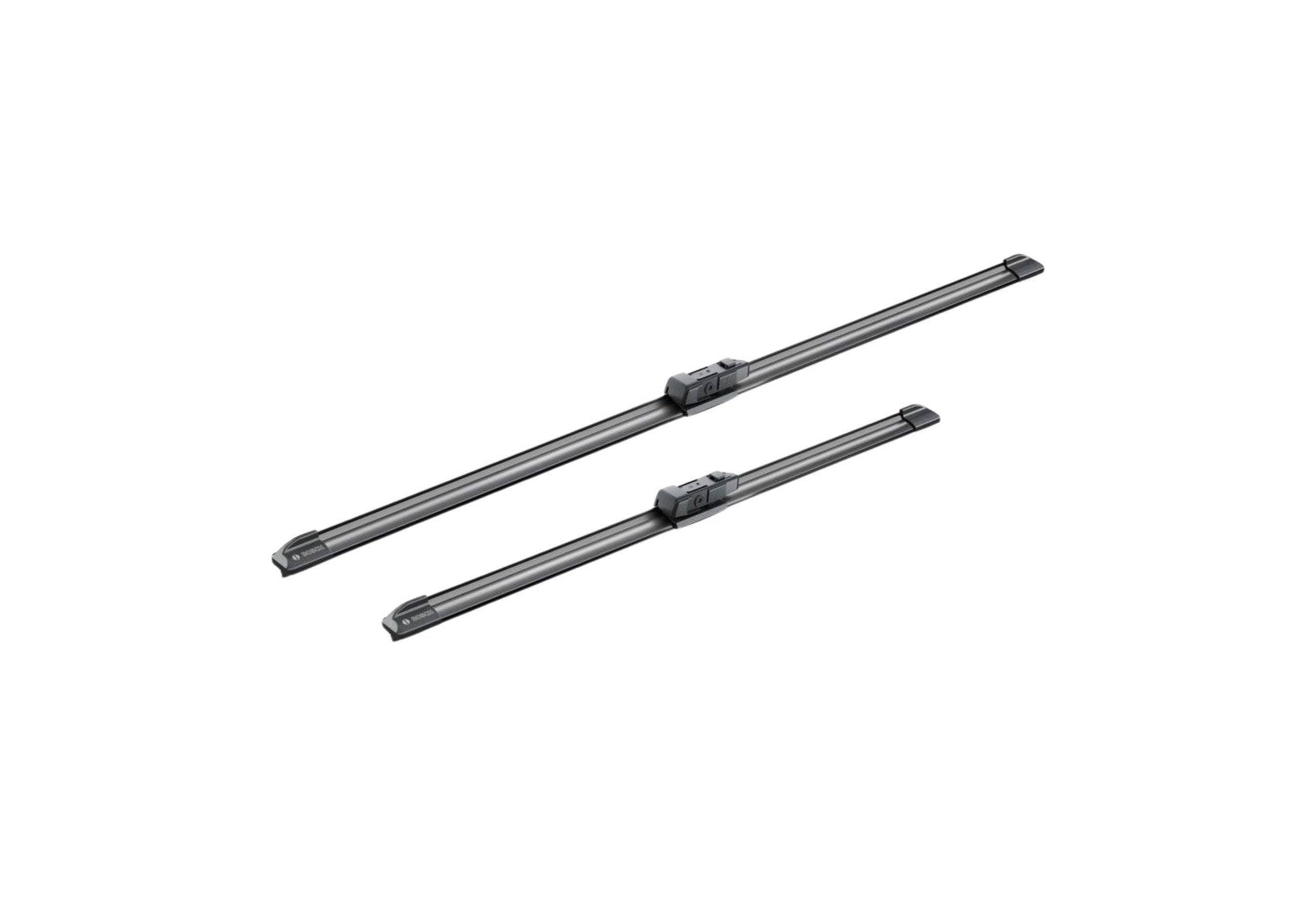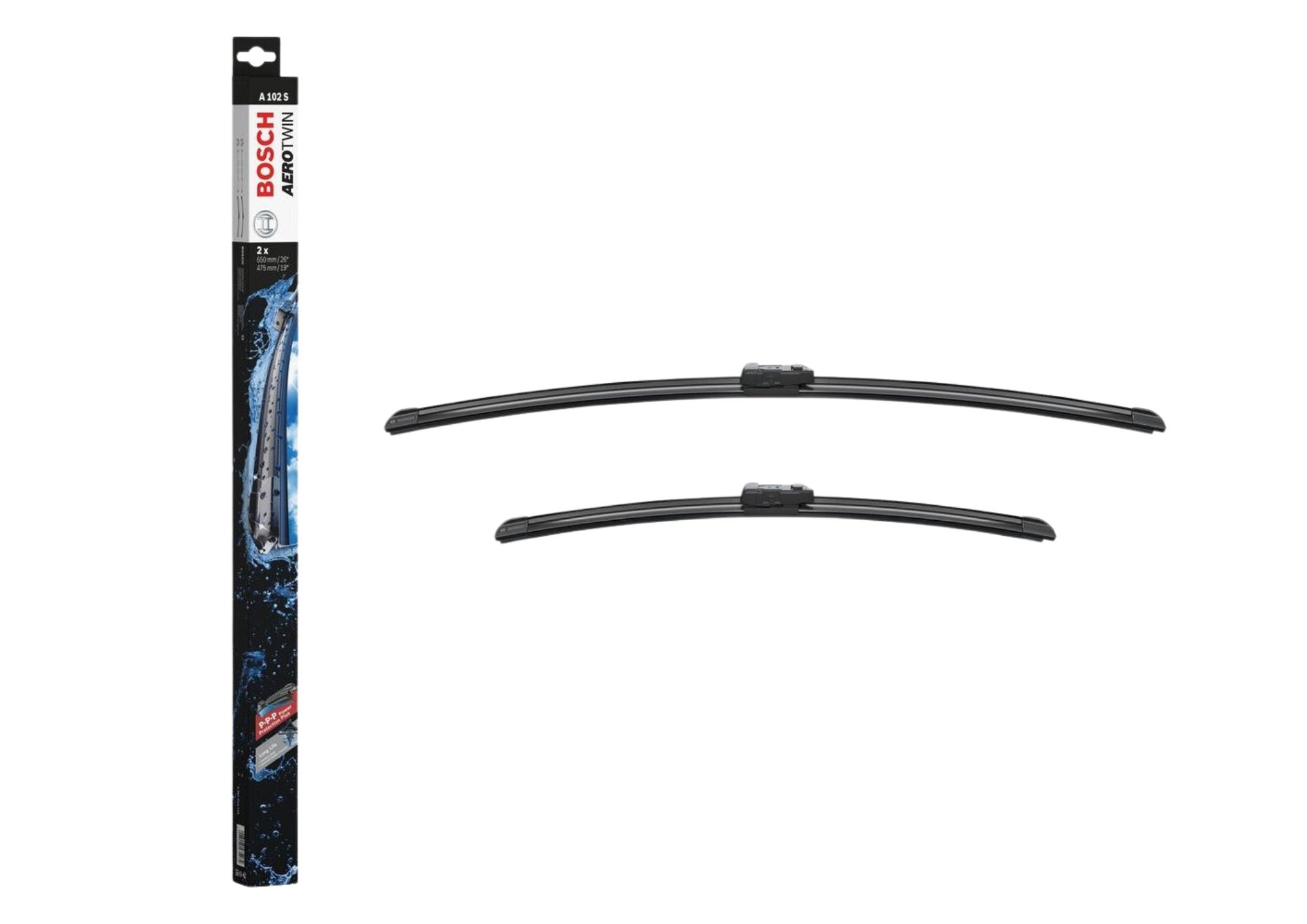Tesla and the Dutch company Fastned are fighting the German service station chain Tank & Rast before the European Court of Justice. At issue is Tank & Rast's monopoly, which is also to be extended to fast-charging stations for electric vehicles. This could have a serious impact on competition and pricing.
Tank & Rast holds 95 percent of the concessions for the operation of petrol stations, hotels and restaurants on German freeways. The company now wants to extend this monopoly to include charging points for electric cars. Tesla and Fastned are opposing this as they believe it would distort competition. They have already taken legal action against a decision by the Federal Cartel Office from 2022 before the Düsseldorf Higher Regional Court in 2023. However, the final ruling has been referred to the European Court of Justice and is expected to be handed down in fall 2024 at the earliest.
Tesla and Fastned are calling for the expansion of the charging infrastructure to be "put out to tender freely and transparently for all interested market participants instead of being awarded directly to one party". In May 2022, the EU Commission determined that Tank & Rast may expand the charging infrastructure at freeway service stations, which the two companies see as an impermissible extension of existing concession agreements.
Tesla Fastned argues that charging electric cars and refueling fuel are fundamentally different business models that should not simply be covered by existing contracts. Fastned believes it has a good chance of winning the case and is campaigning for fairer, more open and cheaper charging at highway service stations.
Tank & Rast is currently working with companies such as EnBW, MER, Ionity and E.on-Innogy. However, critics complain that these cooperations do not represent real competition, as the prices for third-party customers are often significantly higher than for the company's own customers. This could be particularly problematic for truck drivers, who are dependent on affordable and accessible charging points.
Since the complaint was filed by Tesla the expansion of the charging infrastructure has come to a standstill. The final ruling of the European Court of Justice could be decisive for the future of charging station competition on German freeways. Until then, it remains to be seen how the legal dispute will develop and what impact this will have on the electromobility market.















